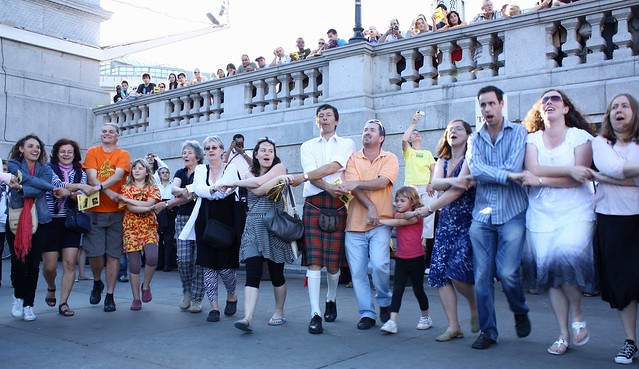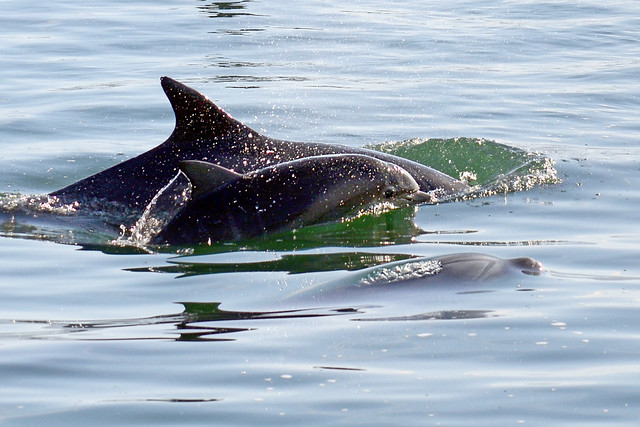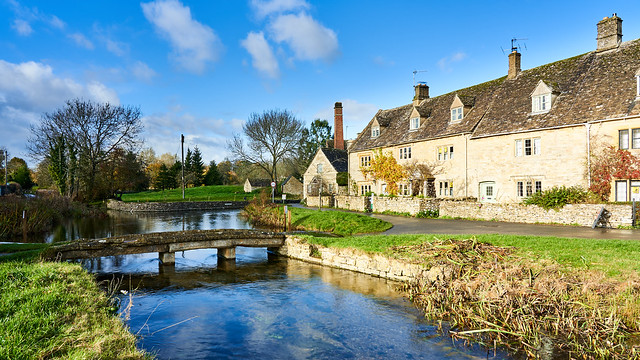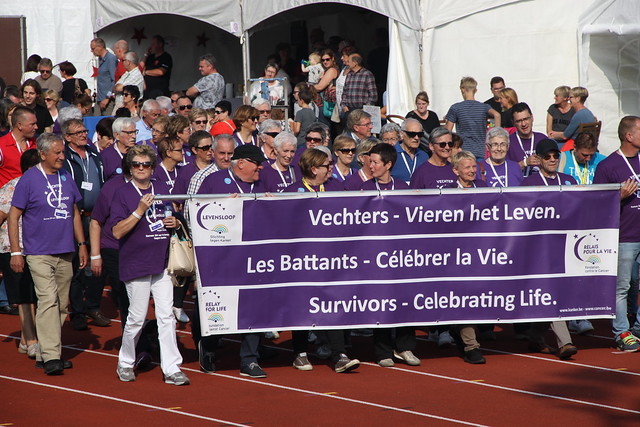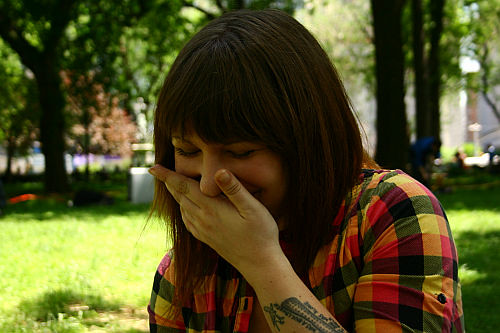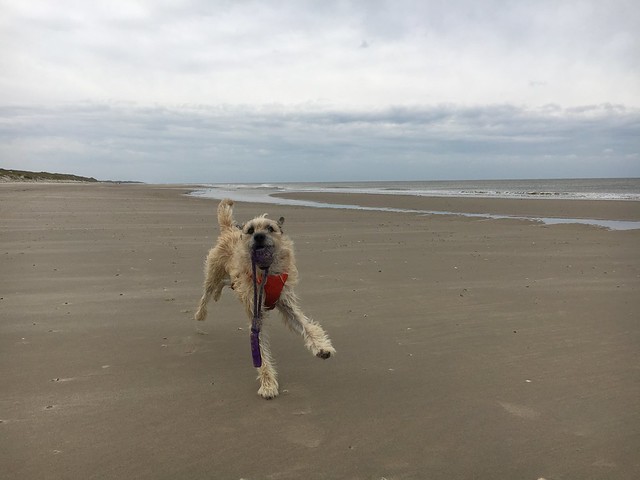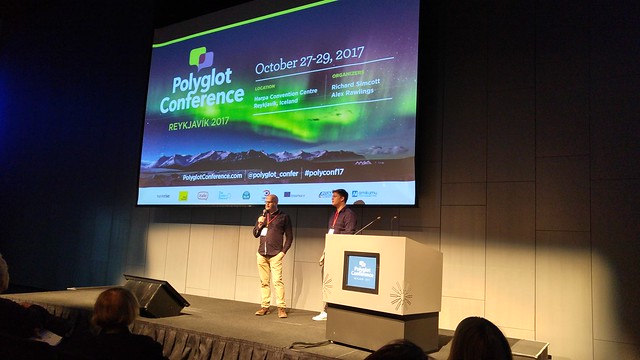Tomorrow is New Year’s Eve and if you’re celebrating it with others, you might just sing the song Auld Land Syne. So I thought I’d look into the history of the song and the meanings and origins of some of the words.
Auld Land Syne was based on a Scottish folk song with parts of it written by Robert Burns. It acquired the traditional tune in 1799. Burns sent a copy the original song to the Scots Musical Museum in 1788 claiming that it had never been written down before, and that he got it from an old man. The first verse and chorus have a lot in common with the ballad “Old Long Syne”, which was published by James Watson in 1711.
Here is Burn’s version of the song:
Should auld acquaintance be forgot,
and never brought to mind?
Should auld acquaintance be forgot,
and auld lang syne?
Chorus
For auld lang syne, my jo, (For old times, my dear)
for auld lang syne,
we’ll tak’ a cup o’ kindness yet, (And we’ll take a cup o’ kindness yet)
for auld lang syne.
And surely ye’ll be your pint-stoup! (And surely you’ll buy your pint-pot)
and surely I’ll be mine! (and surely I’ll buy mine)
And we’ll tak’ a cup o’ kindness yet,
for auld lang syne.
We twa hae run about the braes, (We two have run about the hills)
and pou’d the gowans fine; (and picked the daisies fine)
But we’ve wander’d mony a weary fit, (But we’ve wandered many a weary foot)
sin’ auld lang syne.
We twa hae paidl’d in the burn, (We two have paddled in the stream)
frae morning sun till dine; (from morning sun till dinner time)
But seas between us braid hae roar’d (But seas between us broad have roared)
sin’ auld lang syne.
And there’s a hand, my trusty fiere! (And there’s a hand my trusty friend)
and gie’s a hand o’ thine! (And give me a hand o’ thine)
And we’ll tak’ a right gude-willie waught, (And we’ll take a right good-will draught)
for auld lang syne.
This is what it sounds like in the original Scots:
For auld lang syne [fər o̜ːld lɑŋ səin] means literally “for old long since”, and can be translated as “for old times”, “for days gone by” or “for the sake of old times”.
pint-stoup [pəint.stʌup] means pint-pot, that is a tankard or drinking vessel containing a Scots pint (3 imperial pints / 1.696 L) [source].
brae [breː] = the brow of a hill, a hill, hillside or the high ground adjoining a river bank. From the Middle English bro/bra (bank of a stream, raised edge of a ditch or pit), from the Old Norse brá (eyebrow, eyelash) [source].
pou [puː] (also pul and pow) = to pull, to pluck (fruit, flowers, etc), or to gather produce of any kind. From the Middle English pullen, from Old English pullian (to pull, draw, tug, pluck off) [source].
gowan [ɡʌu.ən] = common daisy (Bellis perennis). From the old northern English dialect word golland. Possibly from the Old Norse gull/goll (gold) [source].
fiere [fiːr] = a companion, comrade, spouse, contemporary or equal. From the (Northumbrian) Old English fǣra, for ġefēra (companion, comrade), from ġe- (co-) and fēra (traveller) [source].
waught [wɑːxt] = to quaff, drink deeply, take large draughts (of); a draught of liquid, a long pull, swig or gulp of any drink. Of unknown origin.
Sources: Wikipedia, Dictionary.com, DSL – Dictionaries of the Scots Language / Dictionars o the Scots Leid, Wiktionary
